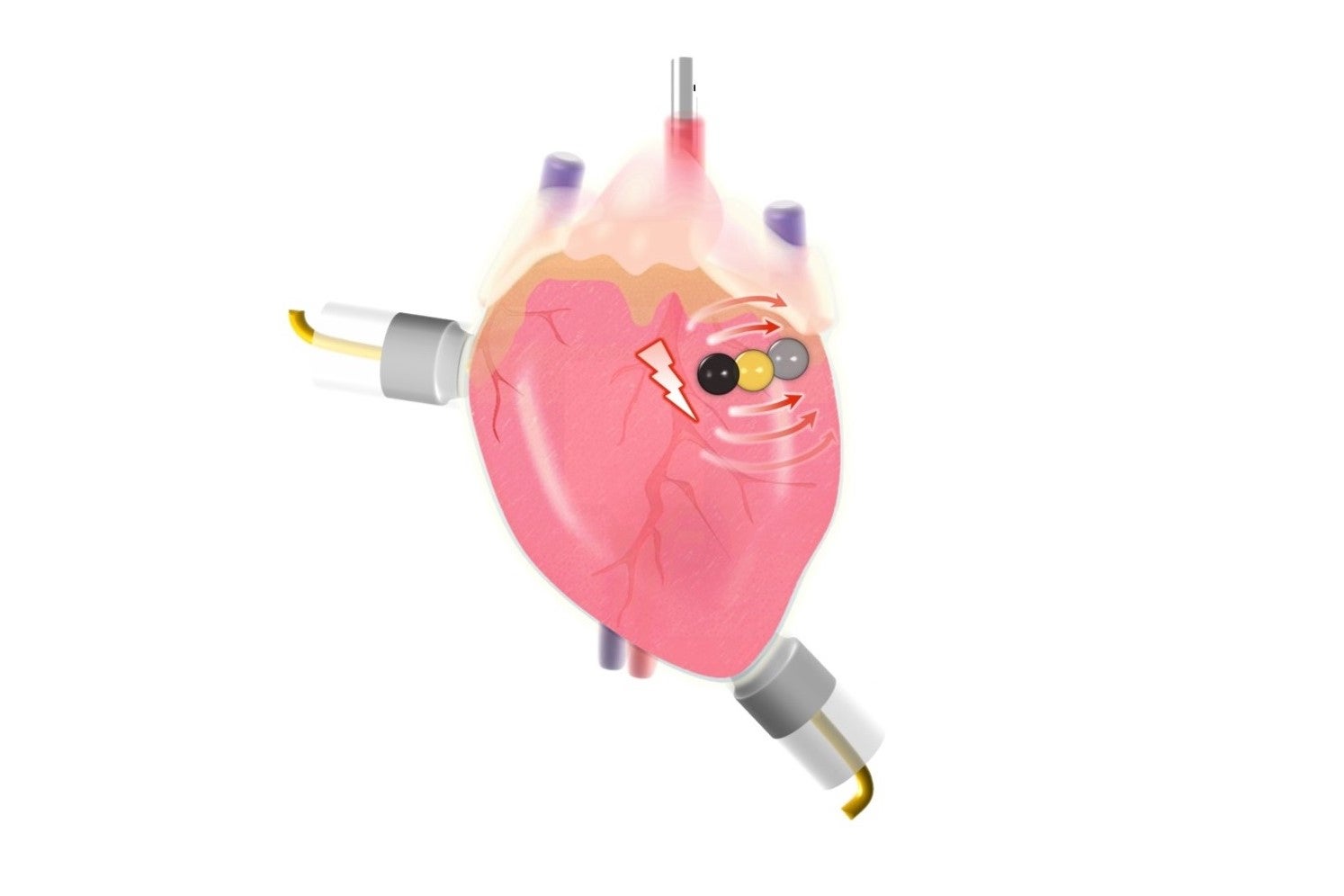Scientists invent biodegradable battery that controls the beating of hearts
‘Soft’ droplet battery is the first of its kind and has already been used to control mouse hearts

Scientists have invented a new type of biodegradable battery that could revolutionise robotics and transform the field of biomedical devices.
It is the first ever lithium-ion battery – the same type of battery found in everything from smartphones to solar energy storage systems – that is simultaneously high capacity, biodegradable, and capable of controlling remotely.
A team from the University of Oxford who developed the state-of-the-art device have already used it to control the beating and defibrillation of mouse hearts in the hope that it can be used to treat cardiac arrhythmia in humans.
“Cardiac arrhythmia is a leading cause of death worldwide,” said Professor Ming Lei, a senior electrophysiologist in cardiac arrhythmias at the University of Oxford.
“Our proof-of-concept application in animal models demonstrates an exciting new avenue of wireless and biodegradable devices for the management of arrhythmias.”
Constructed from biocompatible hydrogel droplets, the battery can operate within a living body without interfering with its physiology.
It could pave the way for the development of tiny smart devices, smaller than a few cubic millimetres, that are capable of interacting with biological tissues.
The scientists have filed a patent for the so-called soft battery, which also covers its use in small-scale robots for bioapplications.
“Our droplet battery is light-activated, rechargeable, and biodegradable after use. To date, it is the smallest hydrogel lithium-ion battery and has a superior energy density,” said Yujia Zhang from the University of Oxford’s Department of Chemistry, who led the research into the battery.
“We used the droplet battery to power the movement of charged molecules between synthetic cells and to control the beating and defibrillation of mouse hearts. By including magnetic particles to control movement, the battery can also function as a mobile energy carrier.”
The research was published in the journal Nature Chemical Engineering on Friday, in a study titled ‘A microscale soft lithium-ion battery for tissue stimulation’.
Join our commenting forum
Join thought-provoking conversations, follow other Independent readers and see their replies
0Comments